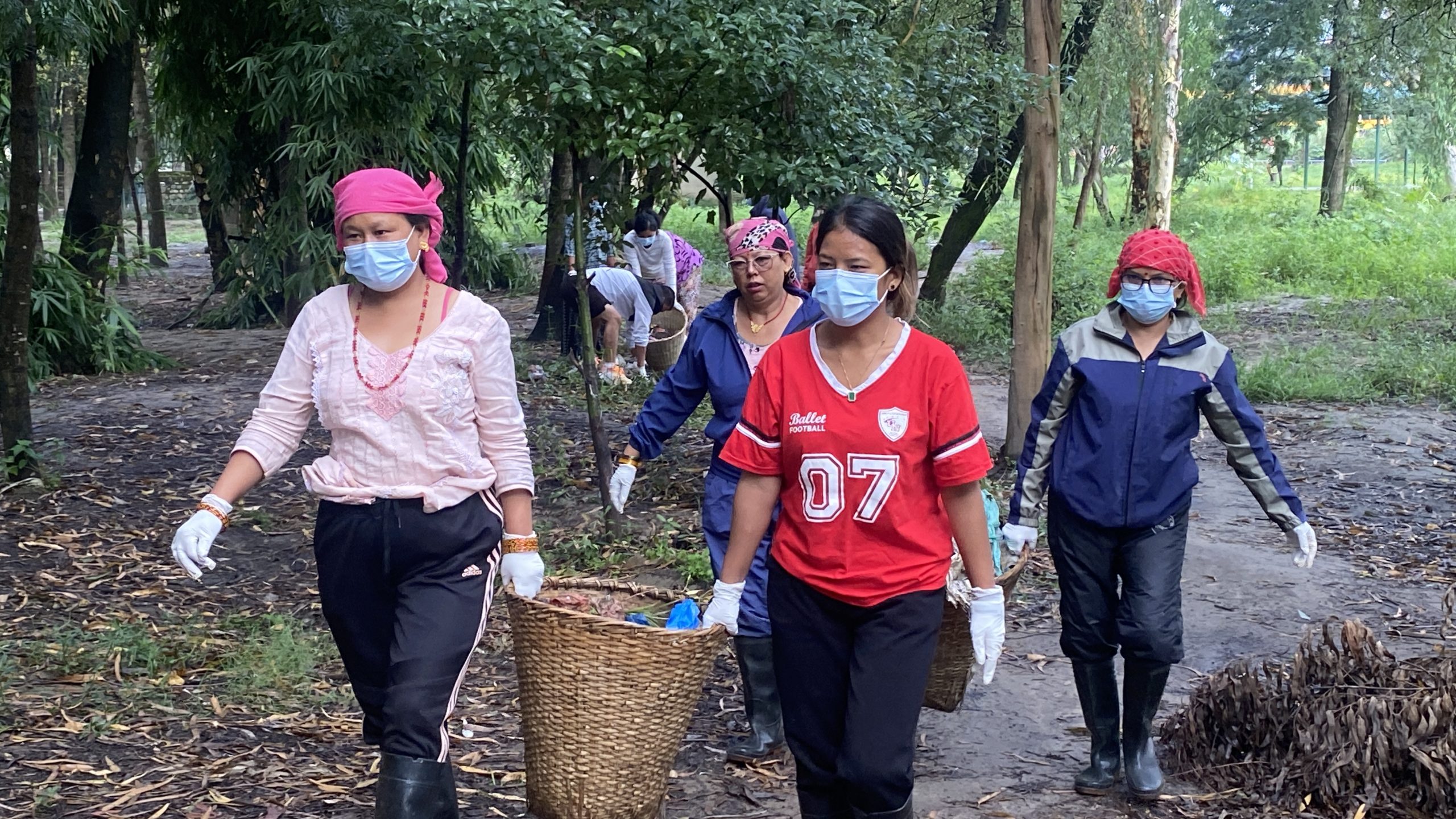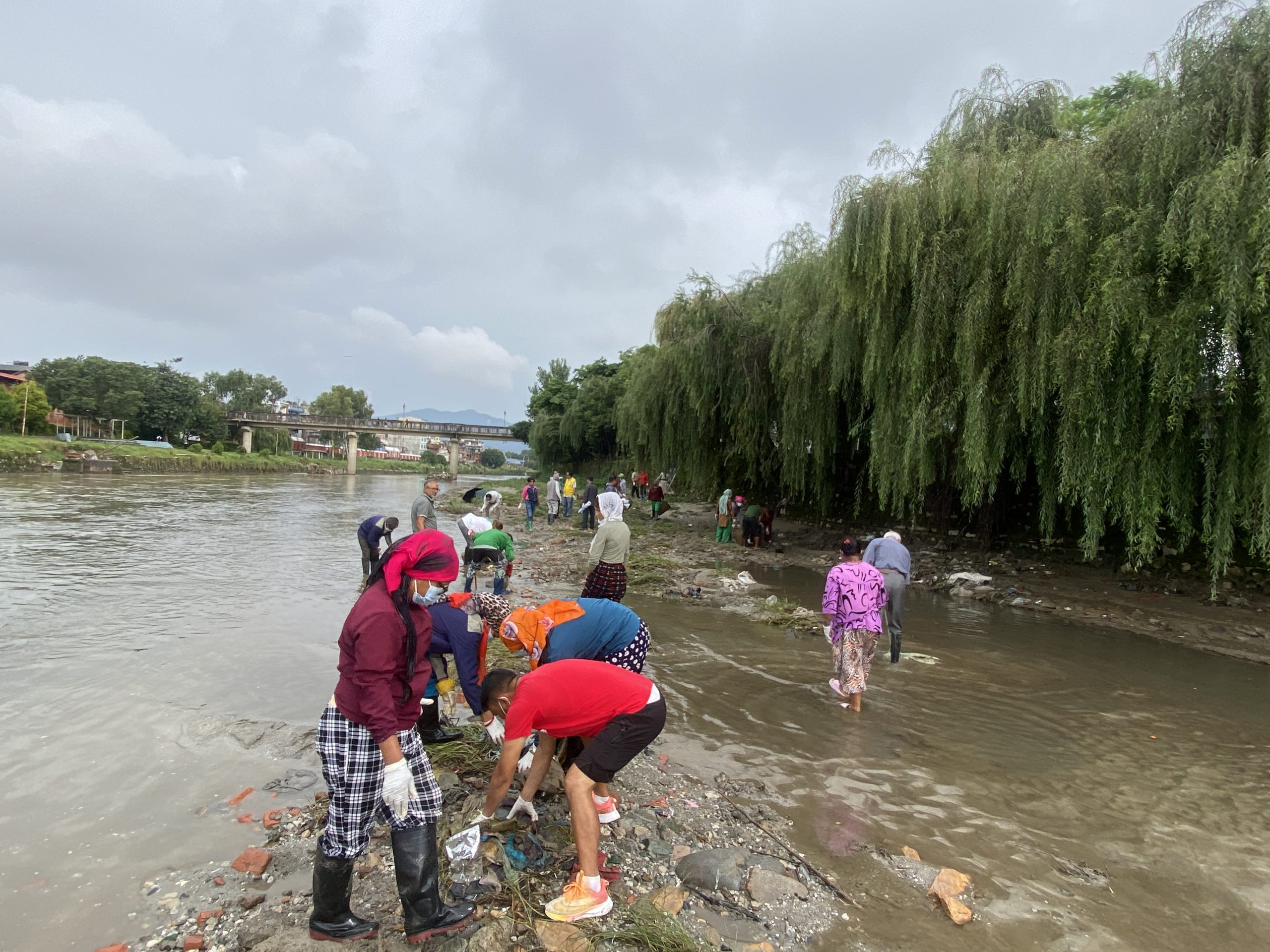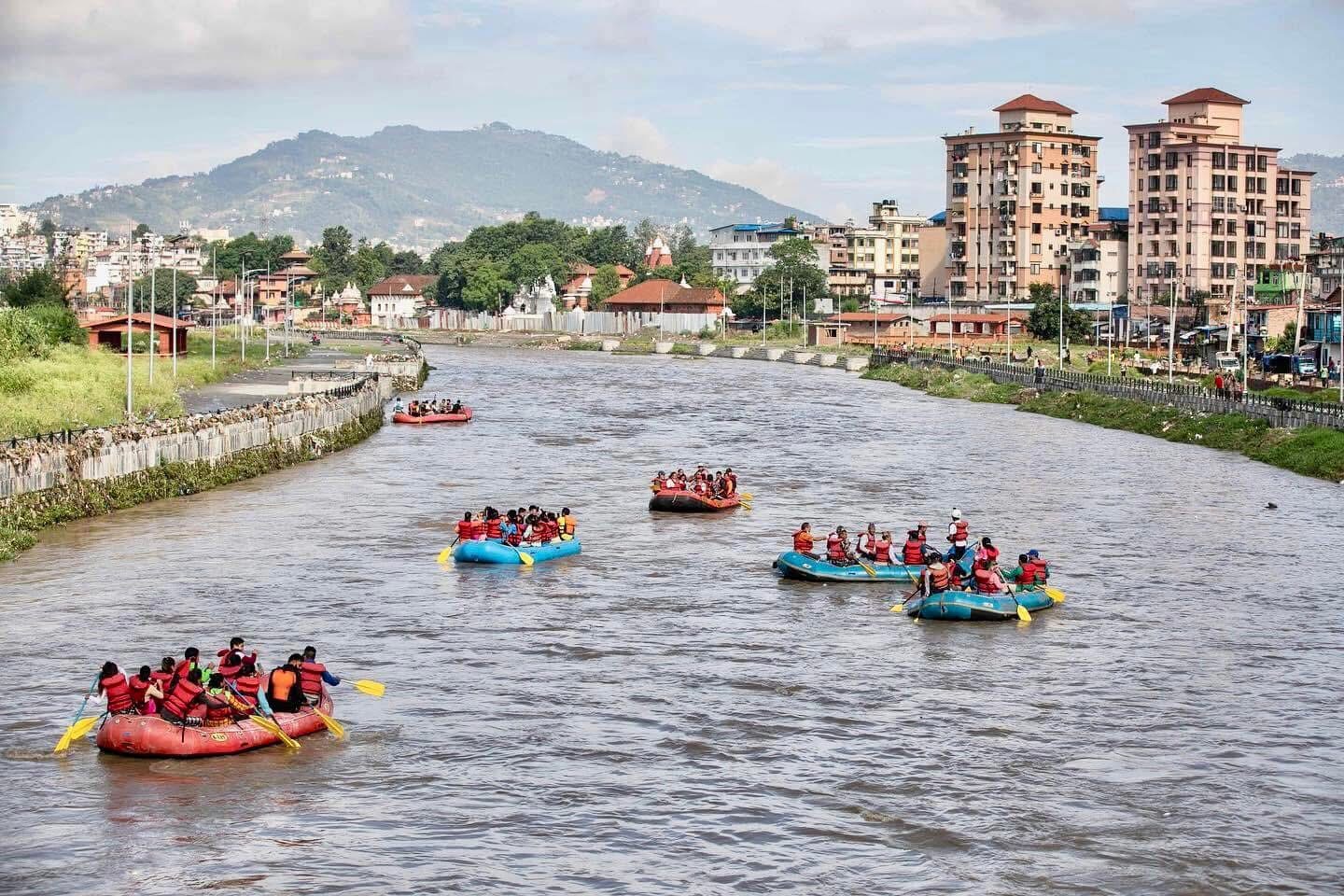643rd Bagmati Cleanliness Mega Campaign Successful Conducted The 643rd Bagmati Cleanliness Mega Campaign was successfully conducted on Saturday at...
Bagmati Cleanup Mega Campaign Proposes School-Based Drive for Sustainable River Conservation
Kathmandu, Asar 20, 2082 –
In a landmark move to strengthen Nepal’s environmental conservation efforts, the Bagmati Cleanup Mega Campaign, the nation’s largest volunteer-driven initiative, has formally submitted a proposal to Honourable Mr. Ar Bahadur Thapa of the Education, Health and Information Committee at Singha Durbar, Kathmandu.
Launched on 2070 Jestha 5 under the slogan “In the name of the nation, two hours every Saturday in volunteer service,” the campaign has been running uninterrupted for 13 years (634 weeks) — overcoming challenges from natural disasters to national holidays.
What makes the initiative unique is its purely voluntary and citizen-led nature:
-
No bank accounts, financial transactions, or government budgets are used.
-
Participation spans from Presidents, Prime Ministers, government officials, artists, and security forces, to thousands of institutions and over 1.5 million citizens.
-
Achievements include managing over 22,000 metric tons of waste, planting more than 7,000 saplings, rejuvenating riverbanks with fruit trees, and preserving or building over thirty rest houses and heritage sites.
Why a new proposal?
Despite billions spent by the government on river conservation, clear and lasting outcomes remain limited. Recognizing this, the campaign believes that empowering students and schools is the key to instilling lifelong environmental responsibility and effecting real change.
Key proposals submitted:
-
Curriculum & activities:
Develop creative lessons, art, essays, and plays under the theme “Water is life – let’s clean and protect rivers and ponds.” -
Monthly cleaning drive:
Schools to conduct at least one cleaning event (river or public space) every month — fostering discipline, leadership, and civic responsibility. -
Creative documentation & awards:
Students to share reports and photos of their participation; schools to recognize and reward outstanding contributions annually. -
Field visits:
Organize regular trips to rivers, ponds, or historic water sites to better understand conservation needs. -
Collaboration:
Partner with local governments, the Bagmati Cleanup Mega Campaign, civil society groups, and environmental NGOs for joint cleaning events.
A call to action
The letter emphasizes that the Bagmati Cleanup Mega Campaign has already made notable contributions without using government funds. Integrating these activities into the education system will create deeper, sustainable change.
The campaign has appealed to all schools, communities, and citizens to unite and actively contribute to keeping Nepal’s rivers and public spaces clean — turning environmental responsibility into a shared national culture.








